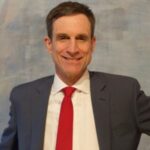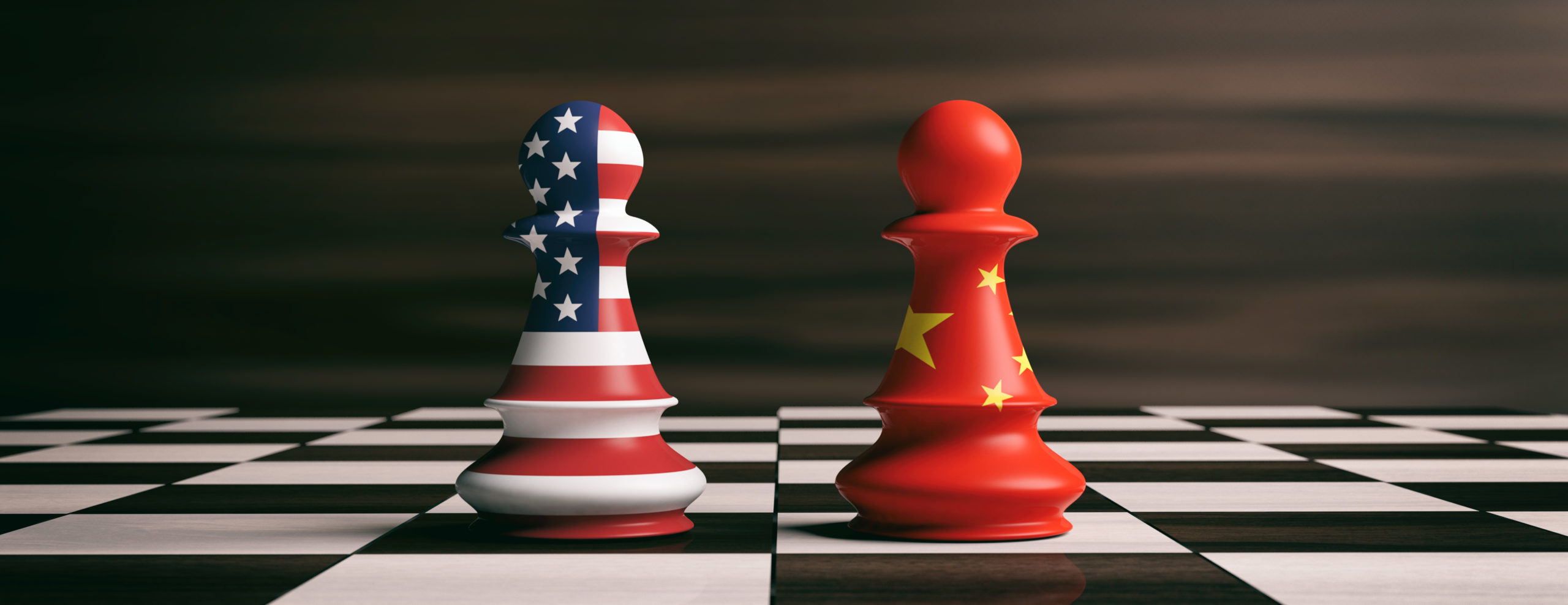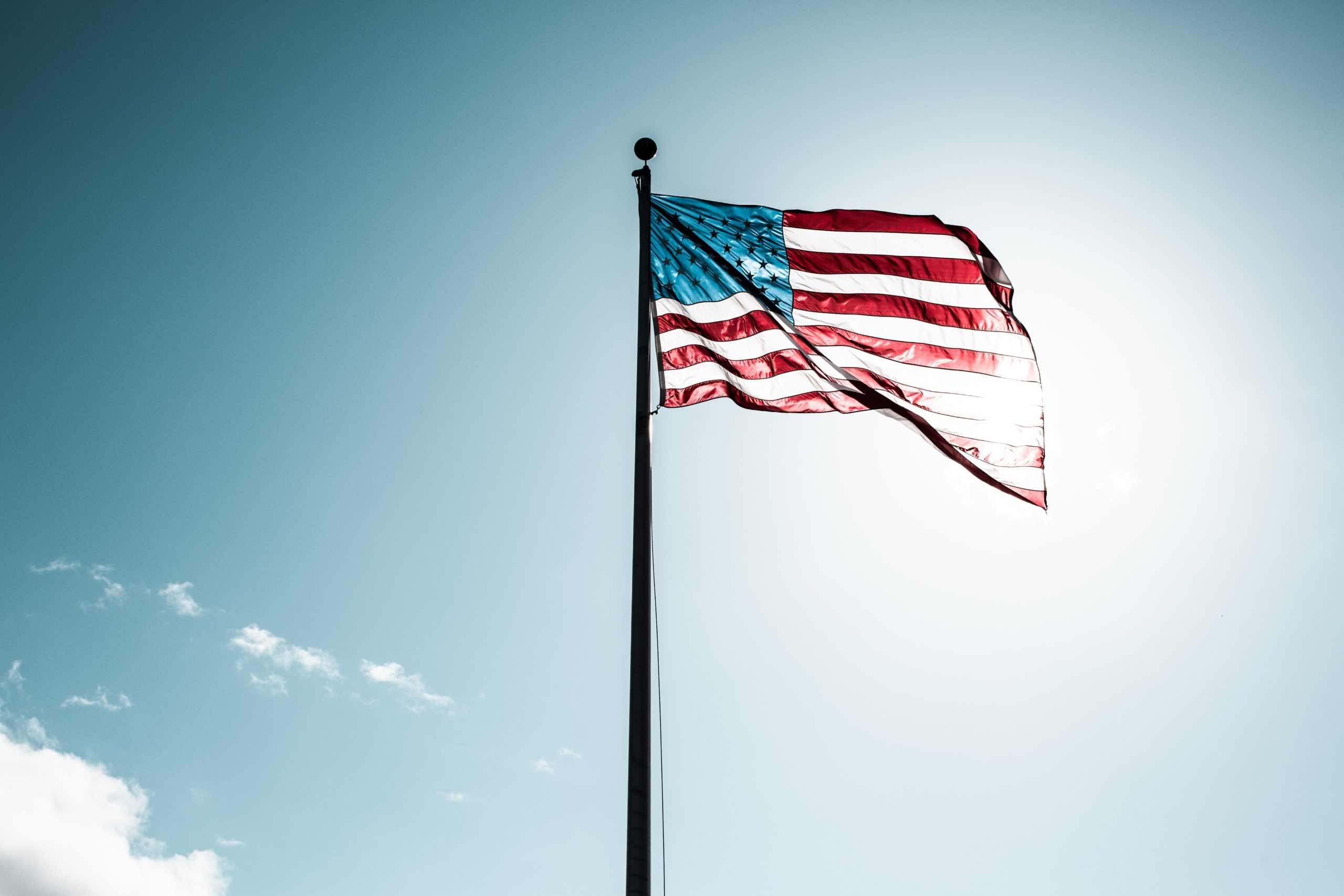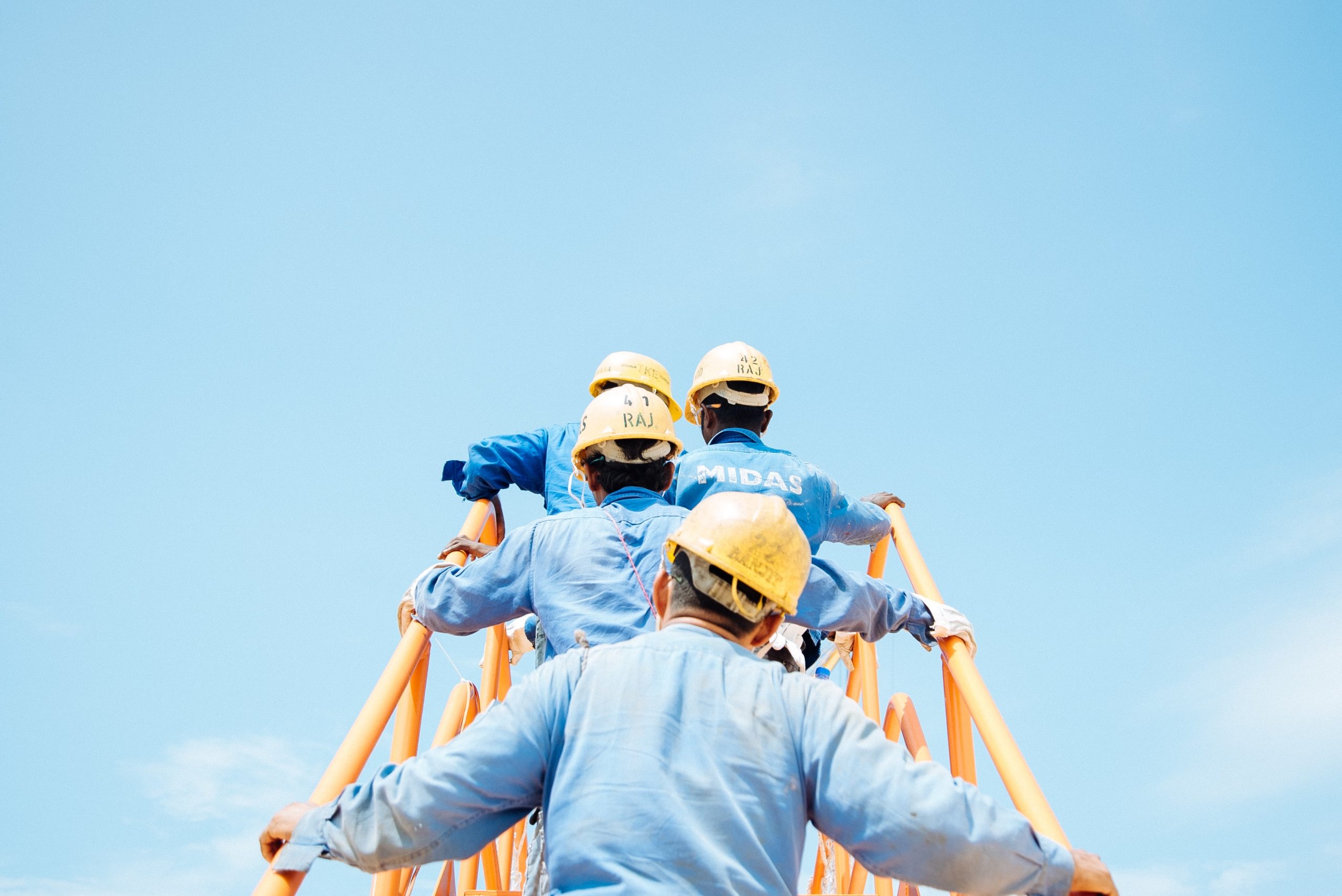

RECOMMENDED READING
“Unity is the path forward.” That was the leitmotif of Joe Biden inaugural address. It’s easy to be skeptical about such appeals, given how divided our country has become. And easier still to be cynical, given the flurry of executive orders immediately after his inauguration, many of which intensified rather than moderated battles over morality and culture.
Yet I’ve found myself returning to the question of unity. If one surveys the news and listens to politicians, opinion writers, and other oracles, one sees that there is a strange unity in our disunity. Many articulate forebodings about the future.
Among religious conservatives there’s widespread gallows humor about when we’ll be sent to reeducation camps to “correct” our retrograde views about whether or not men can become women and women can become men. Most of us assume the Biden administration will find more people like Jack Philips to prosecute as “haters.” The general consensus holds that religious freedom will be under assault.
The libertarian-minded see the deplatforming of Parler as a harbinger of Big Tech’s pivot toward Chinese-style control over public discussion. Others worry that the nation will slip toward California’s one party system of government. Still others see the specter of socialism stalking the country.
Conservatives often imagine they’re uniquely imperiled. But in my experiences, those on the left are just as likely to speak in doomsday terms. Anyone picking up the New York Times over the last few weeks would think the United States was in the in the midst of a rightwing terror campaign. For four years, the constant drumbeat of outrage over Trump’s “assault on democracy” has put many mainstream liberals on edge. They are also more inclined today to see racism as rampant then they were a decade ago.
This left-right symmetry of dread has been at least a decade in the making. Back in 2012, Mitt Romney made his ill-considered comments about the percent of Americans on one or another form of government support, suggesting that very soon Big Government will have a permanent majority of dependent voters. Similar end time predictions are made about demographic change that will supposedly guarantee a permanent Democratic majority. And social conservatives are tempted to conclude that our society has become so degraded and de-moralized that we are going the way of decadent Rome.
On the left, Hilary Clinton’s ill-considered remark about “deplorables,” like Romney’s earlier misstep, said out loud what many on the left have been thinking for a good while. “Hate has no home here” signs in deep blue neighborhoods imply that residents believe that hate is abroad in the land. The New York Times 1619 Project makes explicit a suspicion among liberals: Our country is imperiled by a powerful undertow of racism. This implausible assumption explains why otherwise reasonable people sincerely believe that white supremacy is a widespread problem.
I regard these outlooks, right and left, as expressions of hysteria, not reasonable assessments of American society. We are certainly troubled, but America is not in the dire, point-of-no-return condition so many seem to assume.
But I do not gainsay the fact that many are fearful. The absurd number of troops in Washington, D.C., for Biden’s inauguration, along with the siege atmosphere provides ample evidence that the people running our society are terrified.
To some degree the anxiety bordering on paranoia stems the pandemic and our collective nervous breakdown over the prospect of disease and death. But at a deeper level the doomsday mentality in our ruling class comes from self-knowledge. It is difficult for Congressmen, Senators, senior administrative staff, judges, think tankers, CEOs, financial titans, and others in positions of power to avoid the seeing failures of the last three decades (although perhaps I’m underestimating the thickness of the elite bubble).
The median American today may have more stuff than his grandfather, but his life is much more likely to be a mess. His wages are lower. He may have friends with prosthetic limbs, emblems of failed wars. If he’s white, he’s subjected to regular accusations that he is a bigot. If he’s not, he’s warned that America is a hostile place for people of color. The people who govern him have isolated themselves from all contact. His country has gone from victor in the Cold War to a wounded elephant ridden by leaders who compliment themselves that “history” is on their side and imagine that they can master the world.
In discussions about economic and immigration policy, I’ve often heard rich, successful people wave new economic policies, saying, “American’s don’t want to work hard.” As I’ve come to see, this quip is part of a much larger dynamic of blame-shifting. The people at the top of our society regard themselves as paragons of success. They are the “best people,” and while there may have been some mistakes here and there, in their estimation they’ve done an exemplary job running things.
Therefore, if the economy underperforms, if popular culture becomes crude, if life expectancy falls, if voters sour on foreign wars, if populism emerges, then the rot must be in the people, not the leaders. The citizenry is not diverse and “creative” enough, not sufficiently dynamic enough, not ambitious enough, not willing to move to jobs, not “open-minded” or “inclusive” enough.
In short: Our ruling class cannot bring itself to confront reality, and so it projects its failures onto the entire nation.
We need to get out of the dead-end of elite unity in dread. Yes, America faces significant challenges, and, yes, we have many problems. But our country is not awash with white supremacies. Ordinary people are not lazy. There is ruin, perhaps a great deal of ruin, but many strengths remain.
Recommended Reading
The Clash of Communisms
Not without reason do China critics tend to observe a rival across the Pacific strong everywhere the US is weak, especially under the sway of coronavirus. For most on the Right, the focus of such criticism centers around ideology: if only the Chinese weren’t communist, we wouldn’t find ourselves in this mess. Some anti-communists take a more globalist bent (“true capitalistic democratization hasn’t been tried”), others a more nationalist one (“America must once again defeat an evil empire”).
In Whom We Trust
We watched the Inauguration on a laptop at our kitchen table while two toddlers nibbled chicken quesadillas and the baby fussed intermittently.
Worker’s Party—or Pro-Worker Power Shift?
In the 2020 presidential election, Donald Trump’s share of the white vote shrank while his share of the nonwhite vote increased.













